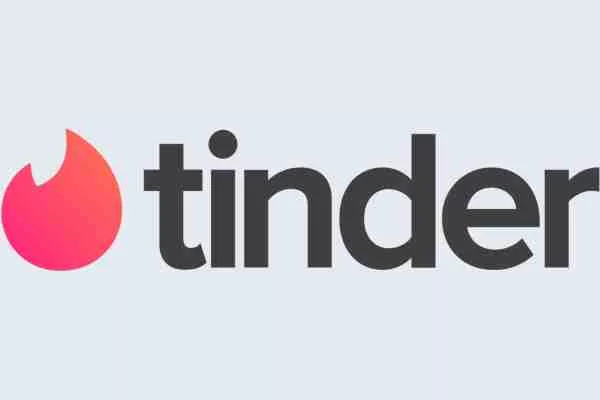Match Group, the parent group that manages Tinder, Hinge, and The League has been sued for its addictive business model.
The lawsuit accuses Match Group of using an algorithm that is dopamine manipulative and addictive, leading to anxiety and depression.
Match Group has denied the entire allegation and said that the focus of the company is only to get users on dates and does not want the users to be connected to the app forever.
The lawsuit also alleges that the company hoodwinks and defrauds persons who are seeking love and has in place an algorithm that rewards compulsive users of the platform.
Match has also been indicted for transforming the platform into a gambling entity where users are changed into gamblers and are promised psychological rewards that Match makes elusive on purpose.
Match is also charged with employing dopamine-manipulating product features.
The lawsuit, put up by six plaintiffs, has also said that Tinder, Hinge, and The League have been designed to be deleted later, thus giving greater emphasis on profits over real and lasting love.
The Match app works just like a game that is addictive and leads to anxiety, depression, and loneliness later.
Tinder parent-company Match Group’s Take:
On its part, The Match Group has denied the entire allegation and maintained that its business model is not based on advertising or engagement metrics.
The focus is only to get users on dates, and once this happens, the users exit our apps.
The company has labeled the lawsuit as ridiculous and also alleged that it is a sign that the plaintiffs do not understand the purpose and mission of our entire industry.
Chief executive Bernard Kim had stated that the company was employing a fast-fail mentality and removing features that were not useful.
He also said that the company is also employing AI to better the user experience.
The lawsuit is not the first time a company has been accused of addicting its users to its apps. Other Tech behemoths like Facebook and Instagram parent Meta as well as TikTok have also been in the past accused of exploiting users with their addictive features.
Also Read: OpenAI finds temporary relief in authors’ U.S. copyright lawsuit

 Euan Blair Net Worth 2024: How Much is Tony Blair’s Son Worth?
Euan Blair Net Worth 2024: How Much is Tony Blair’s Son Worth? David Copperfield Net Worth 2024: How Much is the Novel by Charles Dickens Worth?
David Copperfield Net Worth 2024: How Much is the Novel by Charles Dickens Worth? Noel Biderman Net Worth 2024: How Much is the Canadian Internet entrepreneur and business professional Worth?
Noel Biderman Net Worth 2024: How Much is the Canadian Internet entrepreneur and business professional Worth? Adam Selipsky Net Worth 2024: How Much is the CEO of Amazon Web Services, Inc. Worth?
Adam Selipsky Net Worth 2024: How Much is the CEO of Amazon Web Services, Inc. Worth? Ken Langone Net Worth 2024: How Much is the American Businessman Worth?
Ken Langone Net Worth 2024: How Much is the American Businessman Worth? Anthony Geisler, Xponential Fitness Founder and CEO Suspended “Indefinitely” Amid Fraud Allegations
Anthony Geisler, Xponential Fitness Founder and CEO Suspended “Indefinitely” Amid Fraud Allegations Navigating Forex Brokers: Choosing the Right Partner for Your Trading Journey
Navigating Forex Brokers: Choosing the Right Partner for Your Trading Journey Navigating the Complexities of MT4: A Comprehensive Guide for Beginners
Navigating the Complexities of MT4: A Comprehensive Guide for Beginners